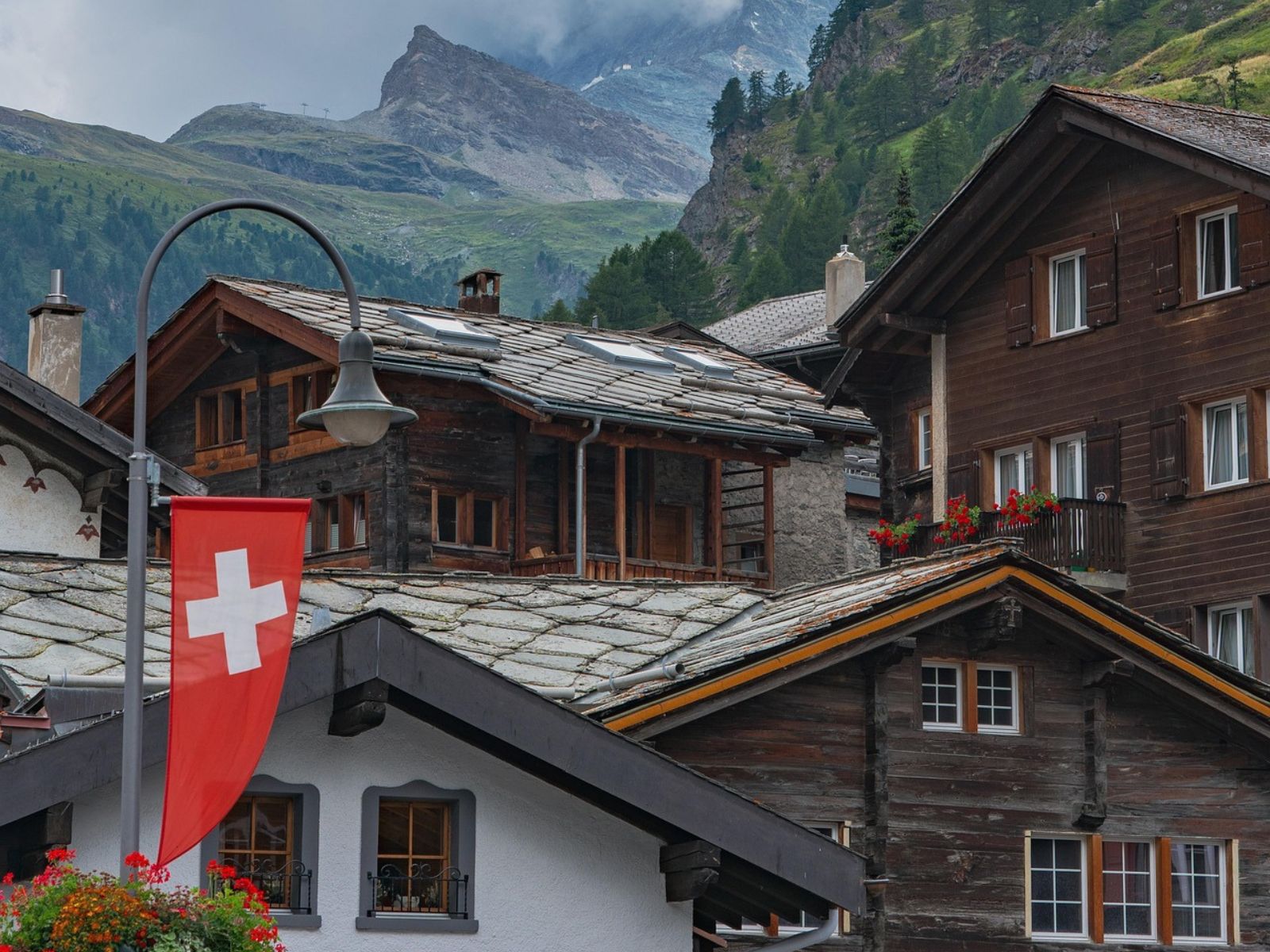
How Does Proposed Swiss Legalization Compare To Other EU Countries?

How Does Proposed Swiss Legalization Compare To Other EU Countries?
Currently, national adult-use cannabis legalization measures have been adopted by three European Union member nations. Malta was the first to do so, adopting recreational legalization in 2021, followed by Luxembourg in 2023.
Germany has adopted the most robust form of adult-use legalization in the EU so far. Whereas Malta and Luxembourg have both adopted cultivation and possession by adults, and Malta cultivation associations, Germany has legalized cultivation, associations, and will also eventually launch commerce pilot trials. Germany also has the largest legal medical cannabis industry in Europe.
If current trends persist, Switzerland may become the fourth EU country to adopt a national legalization measure. On Friday, Switzerland’s Social Security and Health Committee of the National Council gave preliminary approval to a recreational legalization plan by a 14-9 vote.
“Public health and youth protection must be placed at the heart of a renewed cannabis policy. Adults must be granted strictly regulated access to cannabis. In addition, to ensure that consumption is not encouraged, cannabis products must not be sold for profit and must be subject to an incentive tax. This is what is provided for in the draft drawn up by the National Council’s Social Security and Public Health Committee (CSSS-N).” the committee stated in a translated press release.
“The committee is unanimous in its view that cannabis consumption is a social reality. The majority of the committee considers that the current situation is unsatisfactory and that the prohibitive approach is wrong. In its view, strictly regulated access to cannabis and a controlled market better protect public health, strengthen youth protection and improve safety.” the press release also stated.
Below are the key points of the proposal being considered in Switzerland:
- Cannabis will remain classified as a narcotic.
- Adult residents can cultivate up to three plants in their private residences.
- Eventual sales will be subject to a state monopoly. Sales must not be for profit. Any profits are allocated to prevention, harm reduction and addiction support.
- Vertical integration is prohibited.
- Advertising is prohibited, including for cannabis seeds and cuttings and accessories related to the consumption of cannabis.
- Cannabis products will be subject to an incentive tax “in order to limit consumption and direct it towards less risky forms.” The tax rate will be tied to “THC content and the type of consumption.” Cantons may levy “a monitoring tax and fees.”
- Penalties will be increased for “people who evade the legal market.”
- A “zero tolerance” approach to driving under the influence will be instituted, with anyone proven to “have consumed cannabis” being “considered unfit to drive.”
“The next step will be to draw up an explanatory report on the preliminary draft, so that the committee can examine these documents during the summer. Interested parties and stakeholders will then have the opportunity to take a position as part of the consultation procedure.” the committee stated about the next steps for the Swiss legalization approval process.
The legalization proposal being considered involves permitting adults to possess a personal amount of cannabis, however, a specific possession limit does not appear to be identified yet. According to the committee press release, “Maximum quantities for private and public possession apply” but quantities were ultimately not specified.
By comparison, what was preliminarily approved in Switzerland is better than what is in place in Luxembourg in some ways and less favorable in other ways. In Luxembourg adults can cultivate up to four plants in private residences, which is better than the three plant proposal in Switzerland, but there is no recreational commerce allowed in any manner in Luxembourg. The possession limit in Luxembourg is 3 grams.
In Malta, adults can also cultivate up to four plants in their private residences, but the possession limit is considerably greater compared to Luxembourg’s possession limit. Adults in Malta can possess up to 7 grams when away from their homes and up to 50 grams within their homes. The previously mentioned cultivation associations operating in Malta are not subjected to as many limitations as what is being proposed for retail outlets in Switzerland, and are not subject to a state monopoly.
If/when Switzerland’s proposal is approved, it will not eclipse Germany’s legalization model. Germany’s legalization model involves a three plant home cultivation limit, which is the same as the Swiss plan. German adults can possess up to 25 grams when away from their residences and 50 grams in their residences. Germany is already home to dozens of approved cultivation associations, and hundreds more have applications pending. Eventually, thousands of associations are expected to be approved across Germany, and they will not be subject to a state monopoly, nor the level of restrictions being proposed in Switzerland.
Switzerland has multiple regional adult-use cannabis commerce pilot trials operating right now, and it is unclear how current and future trials will be handled if/when the Swiss legalization plan is enacted. Germany’s legalization model involves permitting trials, and it is expected that they will eventually be located throughout most parts of Germany. Over two dozen municipalities in Germany have already expressed interest in launching pilot trials.
Arguably the most significant difference between what is being proposed in Switzerland versus what is already approved in Germany is how cannabis is classified. The Switzerland plan involves keeping cannabis classified as a narcotic, which is a nuanced policy that has a dramatic impact on what can and cannot happen when it comes to cannabis. Conversely, Germany removed cannabis from the nation’s Narcotics List as part of the CanG law’s approval, which has dramatically improved the nation’s medical cannabis program and removed many barriers to cannabis research.
Share article


Share article
Join Our Awesome Community
Join Our Awesome Community
Join Our Awesome
Community
Get all the latest industry news
delivered to your inbox







